A previous version of this piece appeared in the Las Vegas Sun on February 16, 2020.
In establishing the first states to vote in the Democratic presidential nomination campaign, the party selected four states representing each U.S. region. These events are almost like a preseason before the big contests in March such as Super Tuesday when California and Texas cast ballots. The four early states that select delegates in February start in the Midwest with the Iowa caucuses, move to the Northeast and the New Hampshire primary, head to the West and the Nevada caucuses, and end in the South with the South Carolina primary.
The first two contests—Iowa and New Hampshire—are in rurally oriented states that are mostly white, before shifting to more diverse states—Nevada and South Carolina. However, unlike South Carolina with an electorate that primarily is Black and white, Nevada features diversity within its diversity owning to large Asian, Black, and Latino populations; a demographic profile that better reflects the U.S. as a whole. Today, Clark County, home to Las Vegas and nearly three out of four Nevadans, matches the diversity projections for the U.S. as a whole in 2060.
Nevada is the most urban of the four February primary and caucus states, ranking third in the U.S. in the percent of its population living in metropolitan areas behind California and New Jersey. Las Vegas, with 2.25 million residents, is the 28th most populous region in the U.S., and is by far the largest urban center to vote in February. The biggest metros in the other early voting states are 61st ranked Greenville, SC with just over 900,000 residents, 88th ranked Des Moines, IA with 655,000 residents, and 130th ranked Manchester, NH with 415,000 people. The three metro regions combined are less populous than greater Las Vegas.
Las Vegas is also the first metro to vote with a significant foreign-born population and it is a global city with nonstop international flight connections to Asia, Europe, and the Middle East. The world-famous Las Vegas Strip surpasses the skylines in Boston and Dallas, and Las Vegas is the first place to vote that is home to NFL and NHL professional sport franchises.
Even Las Vegas’ major suburban centers such as the City of Henderson are now large-scale and urbanized. Consider that Henderson incorporated in 1953, now with 310,000 residents, is the 62nd largest U.S. city, and recently surpassed in population St. Louis (303,000), Cincinnati (303,000), and Pittsburg (301,000). And unlike those cities, Henderson has a significant share of residents born outside of the U.S., and grew by more than 20 percent since 2010.
Our research shows that booming and urbanizing suburbs around the U.S., but especially in the Sunbelt, are key battlegrounds in the contest for the presidency and majority control of the U.S. Senate. Our forthcoming Brookings Institution Press book, Blue Metros, Red States: The Shifting Urban/Rural Divide in America’s Swing States, tracks 13 states that have metros with more than one million people and fell within a 10 percent voting margin in the 2016 presidential election. The book highlights the dynamic between urban and rural regions and shows how these differences affect state election outcomes and policymaking.
Our analysis suggests that suburbs such as Henderson are among the most contested spaces in the U.S. Winning in places such as Henderson, Arlington, TX, Aurora, CO, Cary, NC, or Scottsdale, AZ means winning the White House in 2020 and possibly majority control of the U.S. Senate. Thus, while the outcomes of the Nevada caucuses may only yield a handful of delegates to the winning candidates, those who perform strongly in diverse, urban Las Vegas are well positioned to gain the nomination and to compete in battleground suburbs come November.
The Brookings Institution is committed to quality, independence, and impact.
We are supported by a diverse array of funders. In line with our values and policies, each Brookings publication represents the sole views of its author(s).
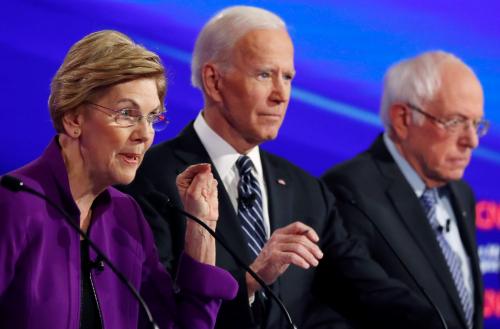
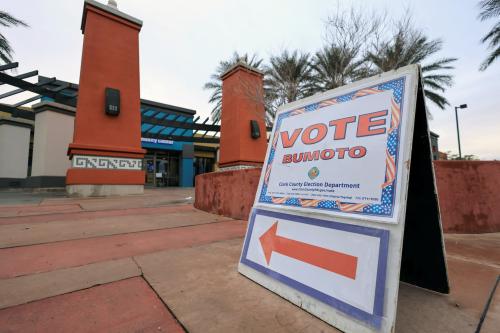
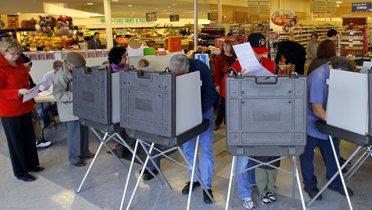
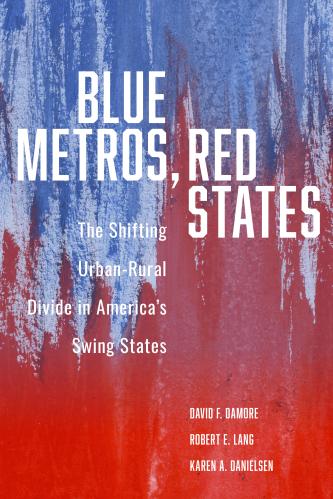
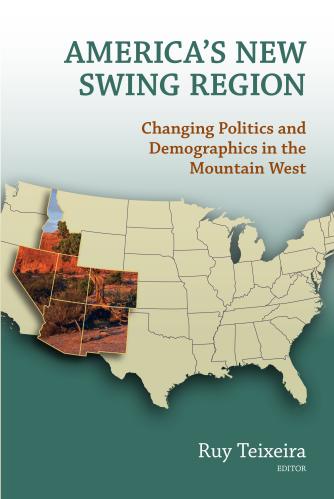

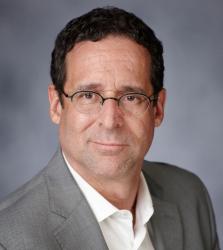
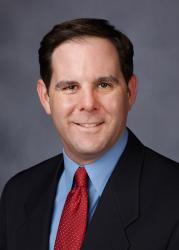
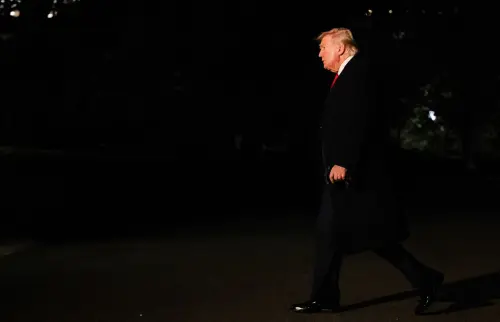
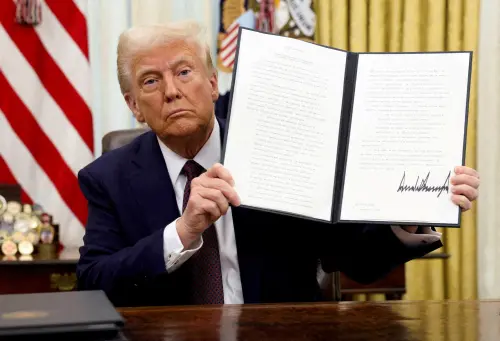
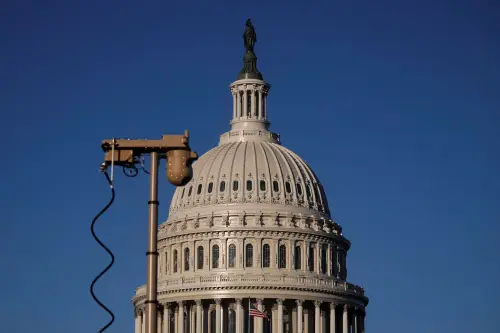
Commentary
Electing a president: The significance of Nevada
February 18, 2020